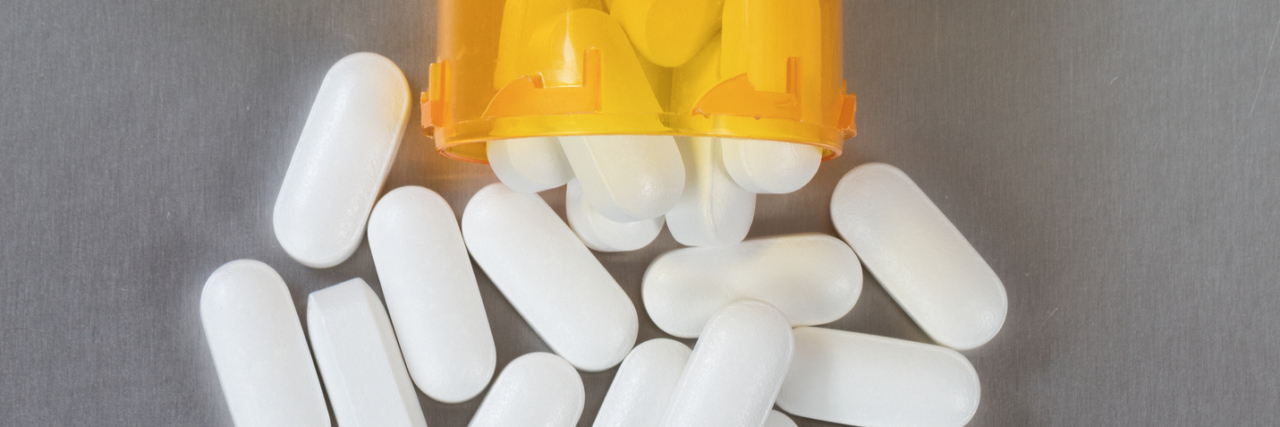I open my eyes and am laying in my darkened room. My legs are propped just so. I have a pillow supporting every inch of my body. My breathing is shallow. I got a massage two days ago and have spent more time in my hot tub than not, yet nothing eases the pain.
I struggle with lupus, which causes a wide variety of inflammation among patients. In my particular case I have inflammation (and therefore pain) in every major joint in my body and many minor joints. In addition, the lining of my lungs also get inflamed and causes excruciating pain with each breath I take.
On a normal day I take my prescribed medicines, which includes the medicine needed to keep my disease in check and may include an nonsteroidal anti-inflammatory drug to help with mild pain. I get massages regularly because I’ve found keeping my muscles loose and my stress down helped with my pain. My husband and I bought a hot tub so I can submerge my entire body in the sweet embrace of hot water. Yet I have days where despite being a good patient, despite using non-pharmacologic methods of pain management, it’s just not enough. Those are the days I turn to narcotics to function.
Today was one of those days. I opened my pill drawer only to find out my Norco was expired. Luckily for me, I already had an appointment with my doctor as I can no longer get a prescription for narcotic pain medication without an office visit with an MD. I get out of bed and gingerly slip a dress over my head. I slowly make my way out to my car where I keep my cane. Cane in hand, I drive to my doctor’s office.
The visit goes as usual. We discuss how I feel and what we’re going to do about it. He is a new-to-me doctor so I’m impressed with his game plan. Then I ask for a refill on my Norco. He is very happy to oblige. But then goes on to say that since this is his first time prescribing it for me, he can only prescribe so much and he has to give me a drug screen. I agree and then he goes into a “counseling session” on narcotics and addiction for a drug I’ve taken for years and need a refill on approximately once a year. Finally, I go give the lab a whole cup of pee since it takes a lot of pee to test for opiates, tramadol, cocaine, heroin, cannabis, and fentanyl. Now I get to leave – I’ll have my husband drop off my physical prescription as I’m pretty spent from my doctor’s visit and need a nap.
My husband drops the prescription off and runs some other errands. I get a call from the pharmacy.
“Mrs. Smith, I just wanted to let you know it’s against policy to give you this many pills as we can only give a seven days worth at a time.”
And then I give up because the war on drugs feels more like a war on chronic pain. I have to jump through hoop after hoop to get the medicine I need so badly to function normally sometimes and even then I can’t get it. Why limit me when, as my doctor said, I have a “6 percent risk of addiction” and actively use other methods to control my pain? Instead I have to sit through information I already know, spend hundreds of dollars on drug testing, and argue with pharmacists over the phone when what I need to be doing is resting.
The argument was futile. The pharmacy would not budge on their seven days only rule. Exacerbated, I had my husband go pick up that physical script and take it to a different pharmacy that hopefully would fill it. I was lucky. It did and I got my pain relief. But what happens to me when all pharmacies enact this seven day rule? Will I lay in bed in tears due to pain? Will I have exorbitant emergency room bills because I just can’t go on in pain? And once there be labeled as a “drug seeker?” These are the questions me and many other ask ourselves. But the question that always towers over those is, “Is it a war on drugs, or a war on chronic pain?”
Getty Image by tab1962

